
News about DNA, genes and proteins
Viser 121 til 144 af 198 dokumenter.


Matthias Herth Professor of Radiopharmaceutical Chemistry
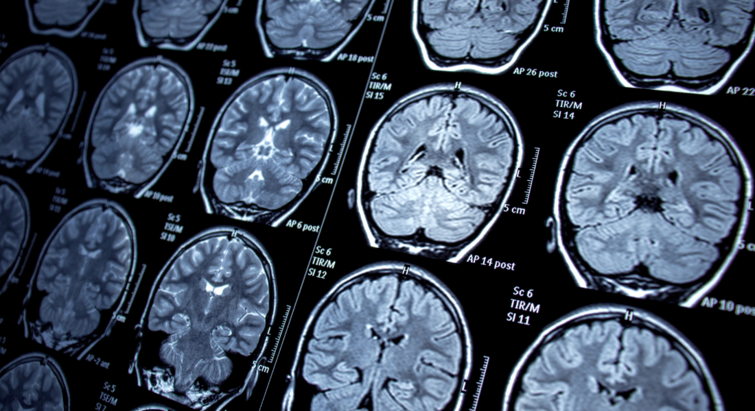
Breakthrough Study Reveals Promising Treatment Approach for Genetic Epilepsy

New publication in Science by Bekker-Jensen Group
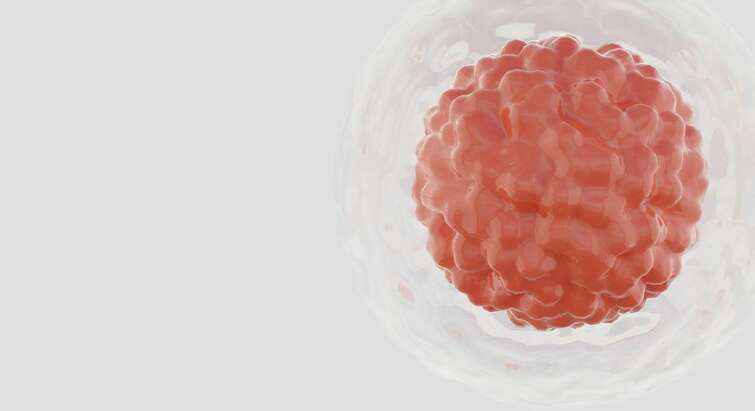
Key Role of Epigenetic Information in Stem Cell Function unveiled
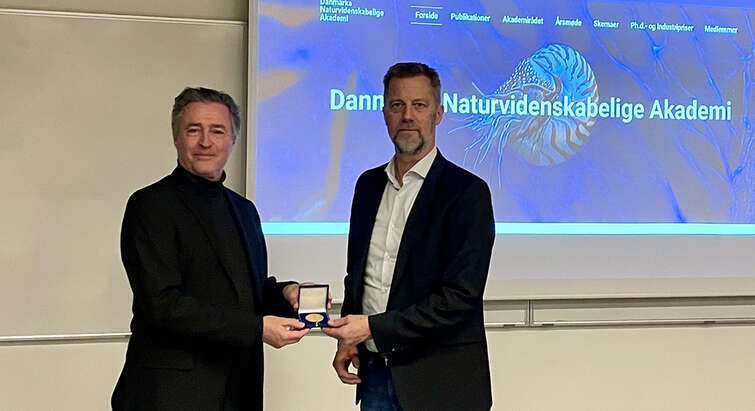
Kristian Strømgaard receives the Danish Academy of Natural Sciences’ Industry Prize 2023

From multifunctional genes to more precise use of medicines
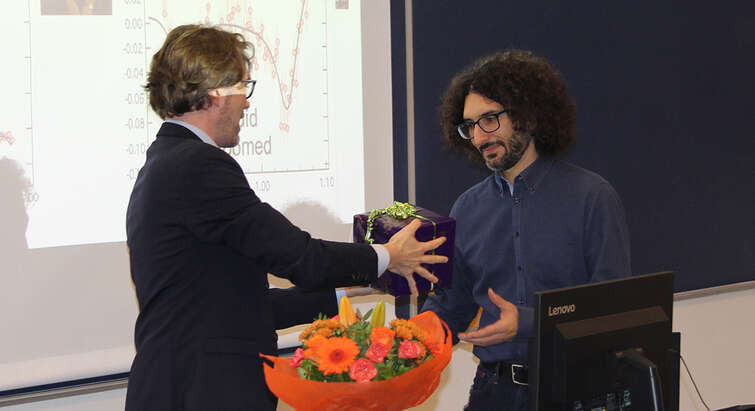
Celebrating our new Professor Vito Foderà

Rising sea temperatures lead to reduction in polar bears since the last ice age

MRBLE beads holds the answer to understanding an unknown protein process
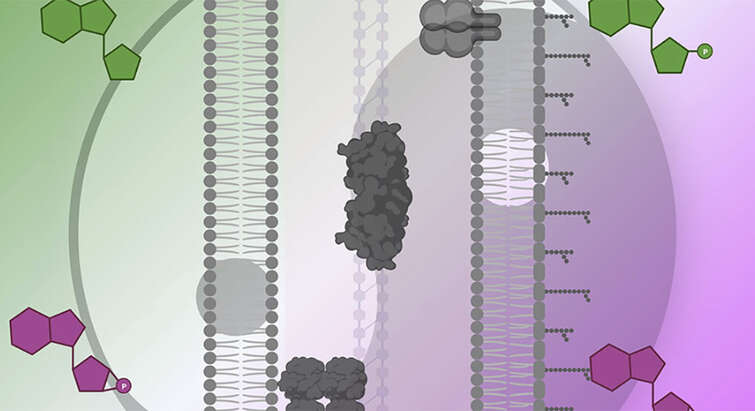
Closer to understanding how bacteria become resistant to antibiotics

Half of million Danes have it – now, researchers are chasing risk genes

The first picture of a protein with sugars

Mapping the evolution of the human genome – A Portrait of New Group Leader Fran Supek

Seminar on Automated Genotyping
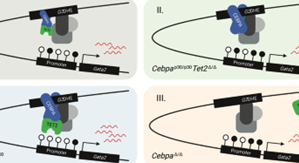
PUBLICATION SPOTLIGHT – How a “good” leukemia turns “bad” and how we can turn it “good” again

Data infrastructure project will be a one-stop-shop for drug developing researchers

Introducing Alexander Hauser
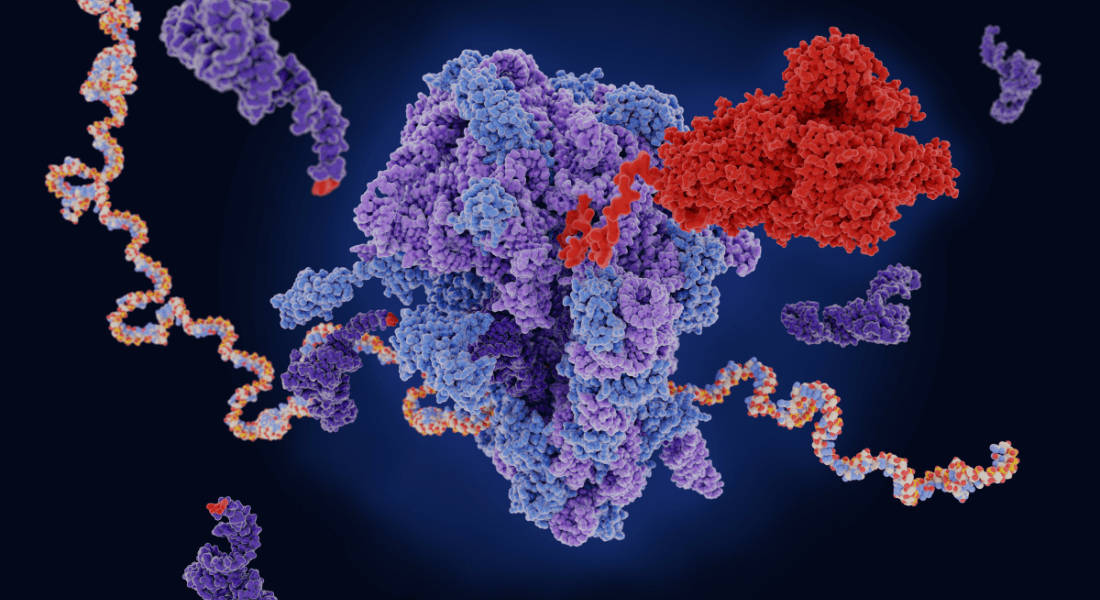
Oldest known molecule surprises researchers. It could lead to new important treatments

Oldest known molecule surprises researchers. It could lead to new important treatments

New Horizon Europe funding to BIO and ICMM researchers

Who were the "liberated" Africans from St. Helena? Mystery unravelled
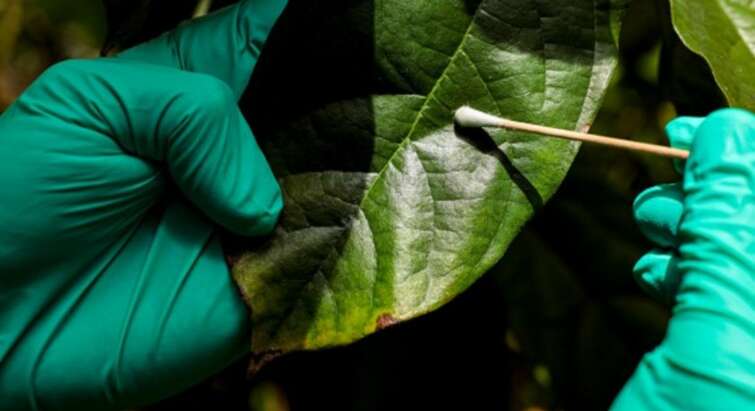
Cotton buds reveal biodiversity in rainforests

